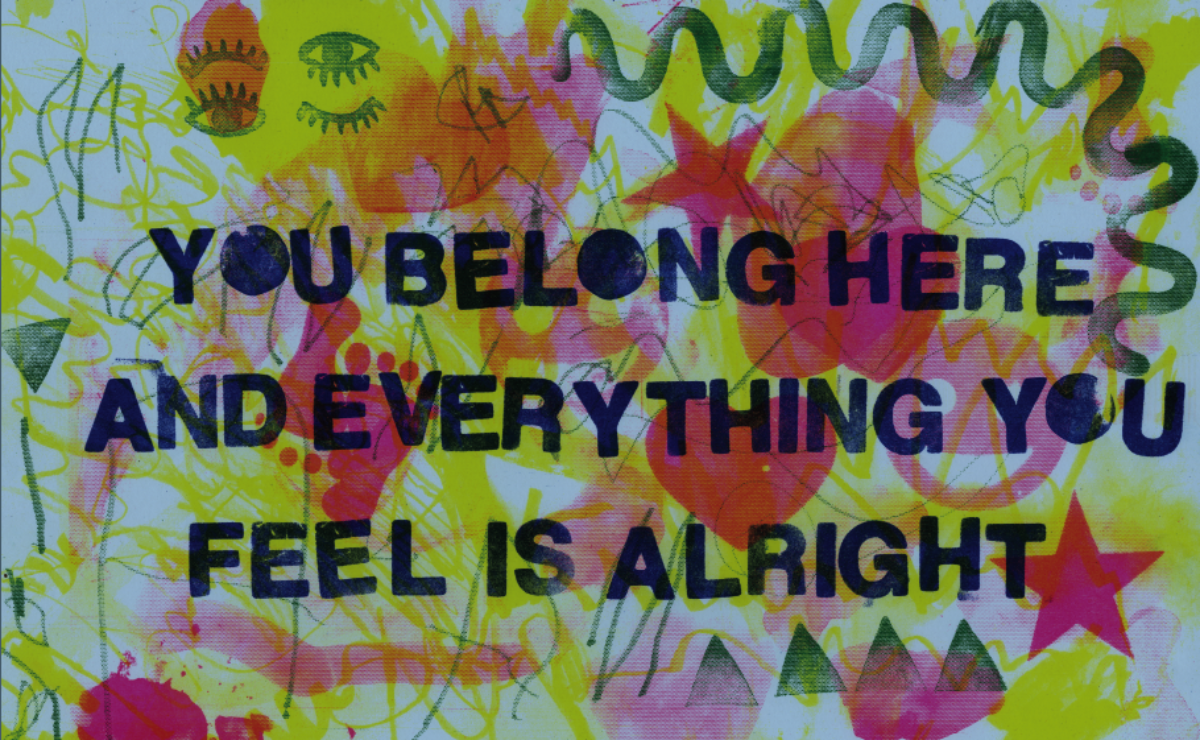Introduction
- History of Foster Care in the US (English Poor Laws)
- Brief history about “Orphan Trains”
- System built on the neglect of youth
Caring for a child that is not your own is’t something new. In some societies people care for children collectively. The United States has a history with fostering children that isn’t the best. In the 19th century the United States adopted England’s Poor Laws.
BODY 1
- Childhood experience with foster care
- Survival, Conforming, Servitude (power imbalance)
For most of my childhood I have experienced the Foster Care system in New York. Starting in 2013, that was the day I was introduced to the system. Woken up on a hot day in July, I was told to put my clothes on and get ready. Not knowing that life had something waiting for me, the experience of a lifetime. My introduction to foster care was not the best but I doubt anyone’s introduction is. I was a scared and confused child, and the supervisors thought it would be best not to explain the situation because I was a child. I was scared because I had knowledge of foster care based on my cousin’s experience. She compared being in foster care to being a slave and I did not want that faith. Worker tried to reassure me that it would be alright once we were in the group home but I was only worried about staying with my siblings. (continue)
One foster home that I’ve experienced was horrible but I felt as though I had to endure the abuse or we’d be sent to another home where things would get worse or stay in a group home until I age out. There was the additional stress of protecting my younger siblings, I often portrayed a parental role for them. In the home my guardian was being physically abused by her then husband. Initially, it was shocking to experience but as time progressed it became easier to respond and come to her aid. It felt like we, my brother and I, were her line of defense from the demonic man and we did not bat an eye because we knew our situation. Eventually, the abuse started to shift, he would focus his attention onto me and often direct his frustration at me. He often called me slurs, followed me around the house and even went as far as locking me out the house on numerous occasions. It continued with financial abuse, he would take the money my guardian gets for caring for us and splur it on himself. For months I lived like this, with the idea it was my responsibility to care for my siblings and do what is necessary so they don’t have to experience this.
How does this tie into the Orphan Trains ? (create good transition)
- Orphan Trains in the 1800’s states with big cities would advertise homeless children and ask people to take them into their homes
- Many children were sent to farms and different places in the south
- Places neglected children and used them as indentured servants (US actually has history with creating laws specifically making children indentured servants find it)
Similar to the experience of the children, a part of the 1800’s “Orphan Trains” I felt since I am in a home it is my duty to have myself at service for my guardian. Whether that meant doing a simple chore such as cleaning the bathroom or defending her from an abusive man, the task should get done, it’s the right thing to do since I live with her. No task was too big and with each one I endured more trauma. Eventually, it felt like I was unable to say no or express how I truly felt, I had spent so long suppressing myself I had forgotten how to be myself. Then it hit me this is what my cousin meant by being in foster care is like being a slave. This was survival, this was my introduction to the cycle of surviving the system of foster care. (Continue)
The United States has a history of assimilating people in their society. First, with the start of the first nations people, or indigonous people. It was either assimilated or were saluted and the United States started to become clever with the ways in which they erased these people. One way the United States enacted terror on Native people was the Trail of Tears in the 1800’s. (continue)
Some may compare foster care to displacement. Being stripped from your community and bounced around the state until they can find a “suitable home” enduring trauma along the way and expected to be thankful.
